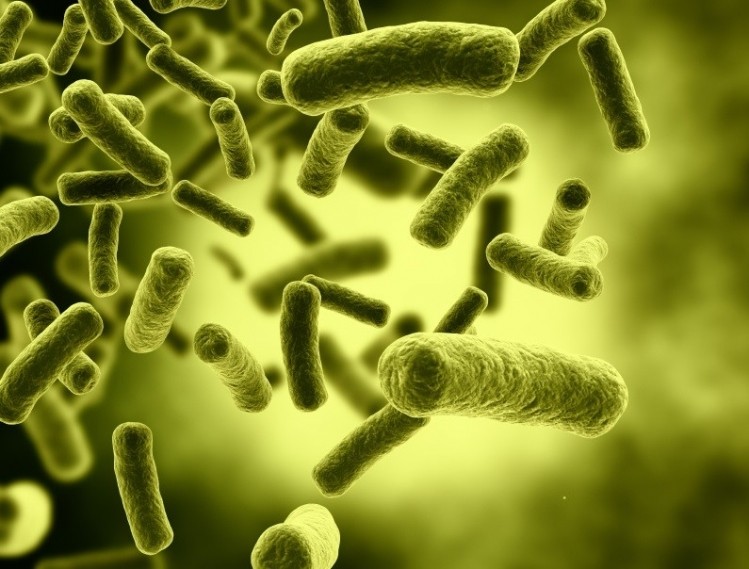New prebiotic may boost flu vaccine effects in the elderly: Study

Elderly people fed the prebiotic combination displayed enhanced immunological responses after receiving a flu vaccine, compared to the control group.
Scientists from Nagoya City University Graduate School of Medical Sciences, Fukushimura Hospital, the National Center for Geriatrics and Gerontology, and Meiji Co., Ltd report their findings in the journal Geriatrics & Gerontology International.
“The present study suggests that the simultaneous administration of different types of prebiotics, GOS, BGS and fermented milk products, could facilitate the maintenance of the enhanced antibody titers against the influenza vaccine in elderly subjects,” they wrote.
“However, these results were obtained with only a small cohort of participants, and further studies will be required to elucidate these effects of the prebiotics.”
Definitions
Prebiotics are defined as "non-digestible substances that provide a beneficial physiological effect on the host by selectively stimulating the favorable growth or activity of a limited number of indigenous bacteria".
The prebiotic potential of galactooligosaccharides (GOS) has been reported many times in the literature, but BGS is less well-established.
“[BGS] was discovered from a culture of the Propionibacterium freudenreichii ET-3 strain,” explained the researchers. “This culture encourages the Bifidobacterium growth activity by effectively converting nicotinamide adenine dinucleotide hydride (NADH) into nicotinamide adenine dinucleotide (NAD) during carbohydrate metabolism.
“This new prebiotic was purified and named bifidogenic growth stimulator (BGS).
“Because GOS, BGS and the prebiotics in Fibren-YH represent different types of prebiotics, it is hypothesized that the combinational administration might effectively stimulate intestinal, endogenous, protective bacteria growth and might enhance antibody titers against the influenza vaccine in a synergistic manner, exceeding the benefit of each prebiotic alone, and it is expected that the enhanced immune response can be obtained in clinical studies.”
Study details

With that rationale, the researchers recruited 30 elderly subjects being fed enterally with Meiji’s Fibren-YH formula, and randomly assigned them to one of two groups: To receive the formula only, or to receive the additional combination with GOS (4.0 grams per day) and BGS 0.4 grams per day) for 10 weeks. Flu vaccines were administered at the four week point.
Results showed that Bifidobacterium fecal counts increased from week four to week 10 in the prebiotic group, but decreased in the control group. In addition, Bacteroides counts increased in the prebiotic group, but decreased in the control group.
To assess the response to the vaccination, antibody titers against the H1N1, H3N2 and B antigens were measured. The data indicated that all titers increased in both groups at week six (two weeks after vaccination), but these levels subsequently decreased in the control group, with the titers at week 10 not significantly different from those at week 4. On the other hand, “all antibody titers in [the prebiotic group] at week 10 were significantly higher than those at week 4”, said the researchers.
“The present study suggests that the simultaneous administration of the different types of prebiotics might facilitate the maintenance of the enhanced antibody titers in elderly subjects receiving enteral nutrition,” they wrote.
“With respect to the involvement of the intestinal microbiota in the host immune system, it has been recently shown that Bacteroides species have beneficial effects on the host immune system. Bacteroides fragilis produces capsular polysaccharide A, and polysaccharide A modulates the host immune system in ways that benefit the host. Based on these studies, the immunological response enhanced by the prebiotics in the present study would be interesting.
“Further studies are required to clarify the involvement of the Bacteroides by these prebiotics.”
Source: Geriatrics & Gerontology International
Published online ahead of print, doi: 10.1111/ggi.12454
“Enhanced vaccination effect against influenza by prebiotics in elderly patients receiving enteral nutrition”
Authors: H. Akatsu, S. Nagafuchi, R. Kurihara, et al.

















